why do flies like light bulbs
If you are searching about Why Do Flies Like to Eat Poop So Much? you've visit to the right web. We have 10 Pictures about Why Do Flies Like to Eat Poop So Much? like Why Are Flies Attracted To Lights? Reasons - Comfort Lights, Why Do Dead Flies Attract More Flies? – School Of Bugs and also Does Flies Eat Dog Poop. Here you go:
Why Do Flies Like To Eat Poop So Much?
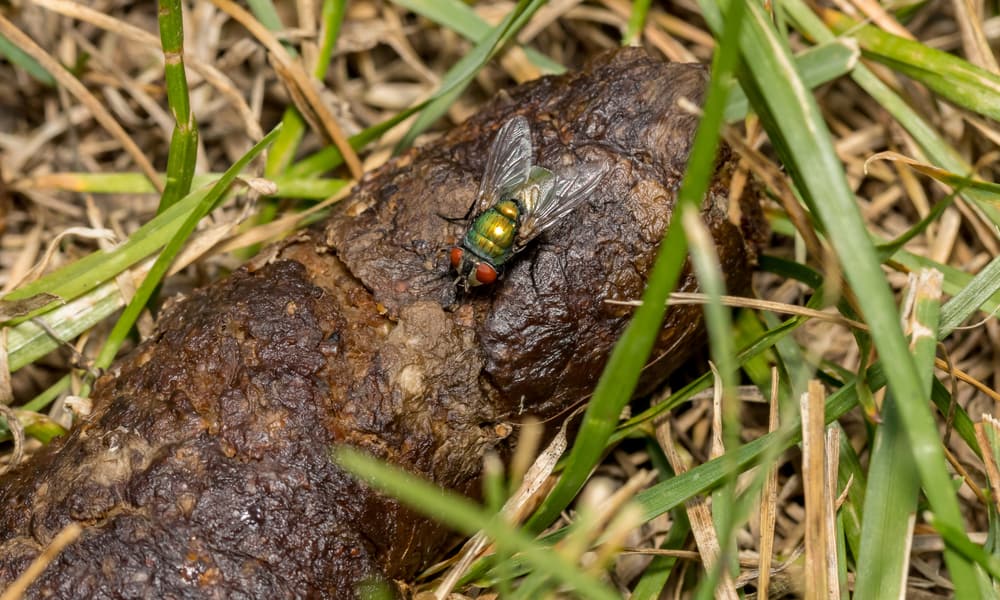 www.atshq.org
www.atshq.org
Why Do Dead Flies Attract More Flies? – School Of Bugs
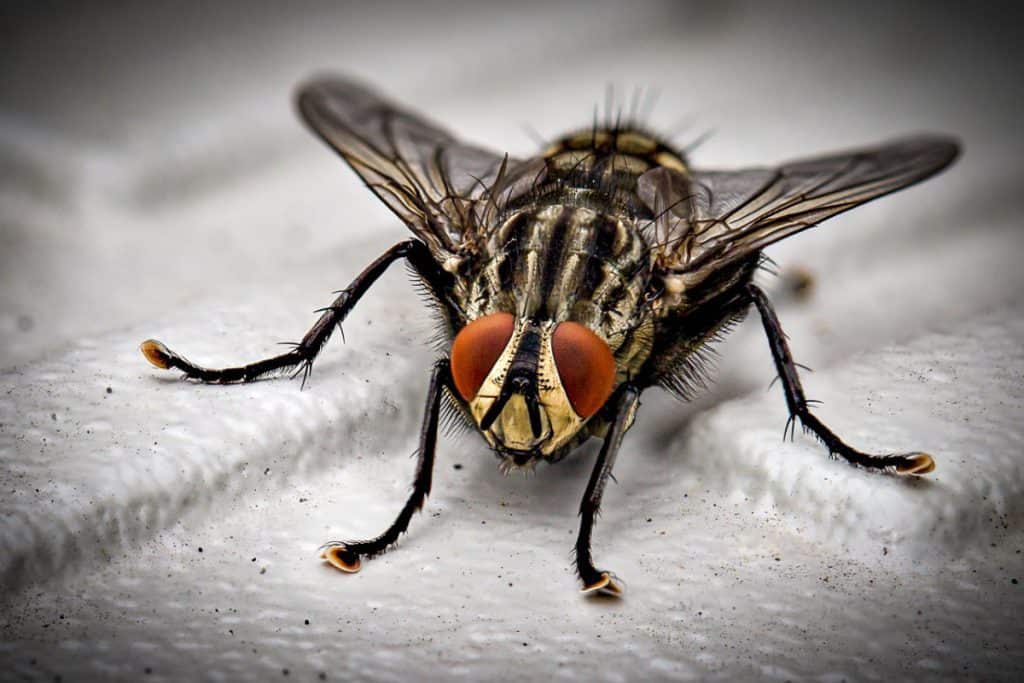 schoolofbugs.com
schoolofbugs.com
flies attract
Pin On Archeaology
 www.pinterest.com
www.pinterest.com
Why Do Flies Like Mint Flowers? (3 Reasons) - Farmer Grows
 farmergrows.com
farmergrows.com
Why Does Flies Like Poop? - Aboutbugz.com
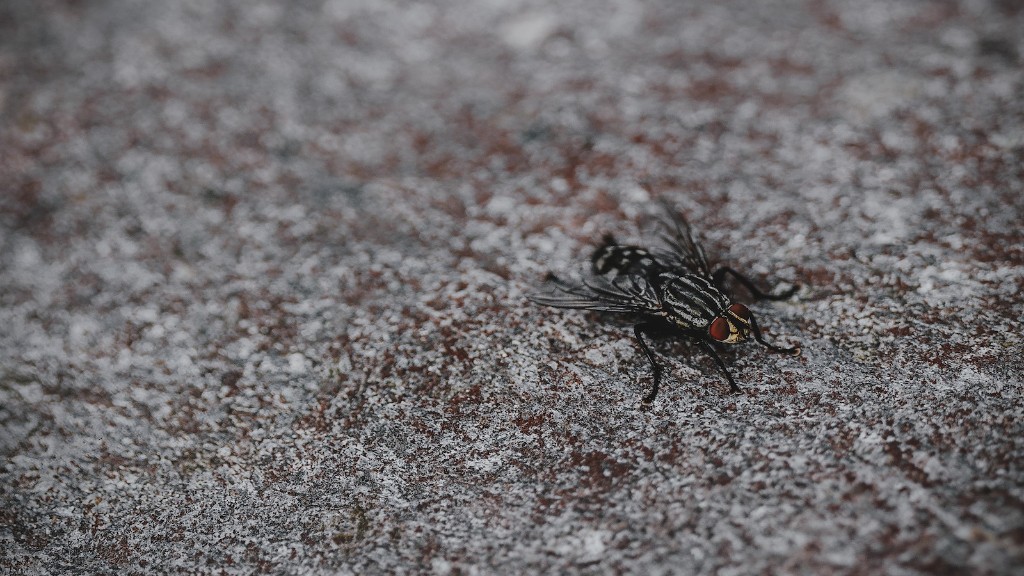 www.aboutbugz.com
www.aboutbugz.com
Why Do Flies Like Garbage?
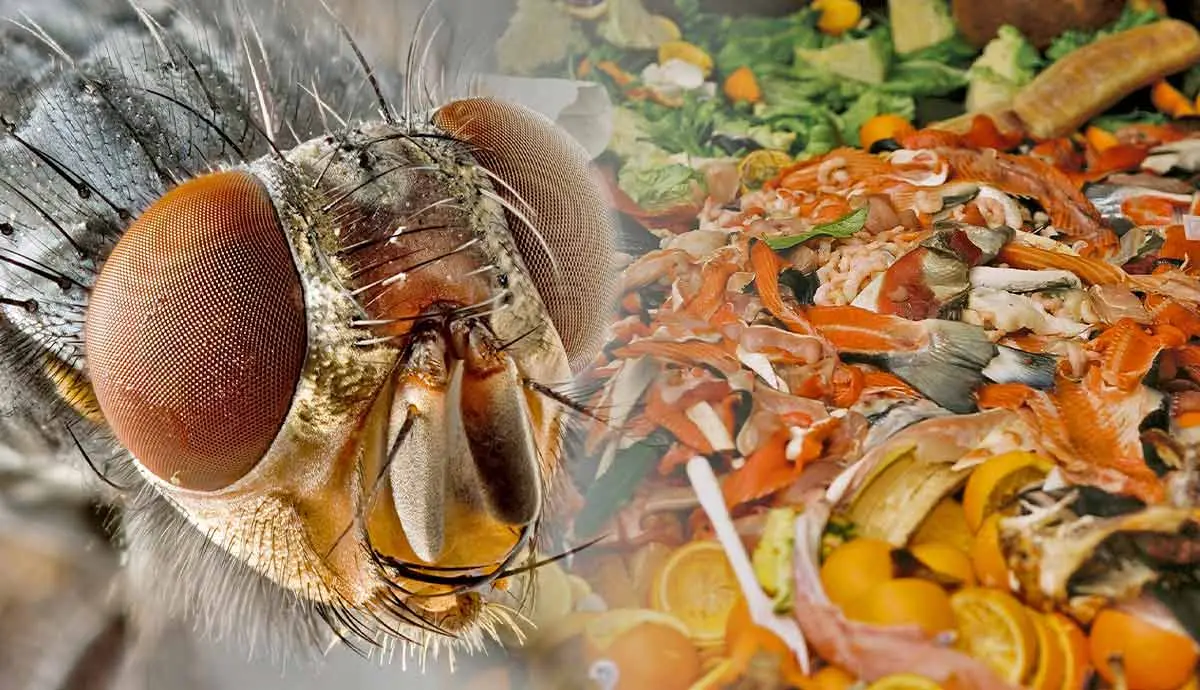 www.petmojo.com
www.petmojo.com
Does Flies Eat Dog Poop
Why Are Flies Attracted To Lights? Reasons - Comfort Lights
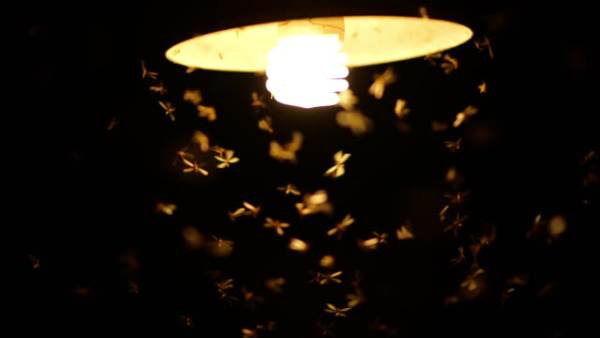 www.comfort-lights.com
www.comfort-lights.com
Why Do Flies Like Poop So Much? | Moment Of Um
 www.momentofum.org
www.momentofum.org
Why Do Flies Like To Eat Poop So Much?
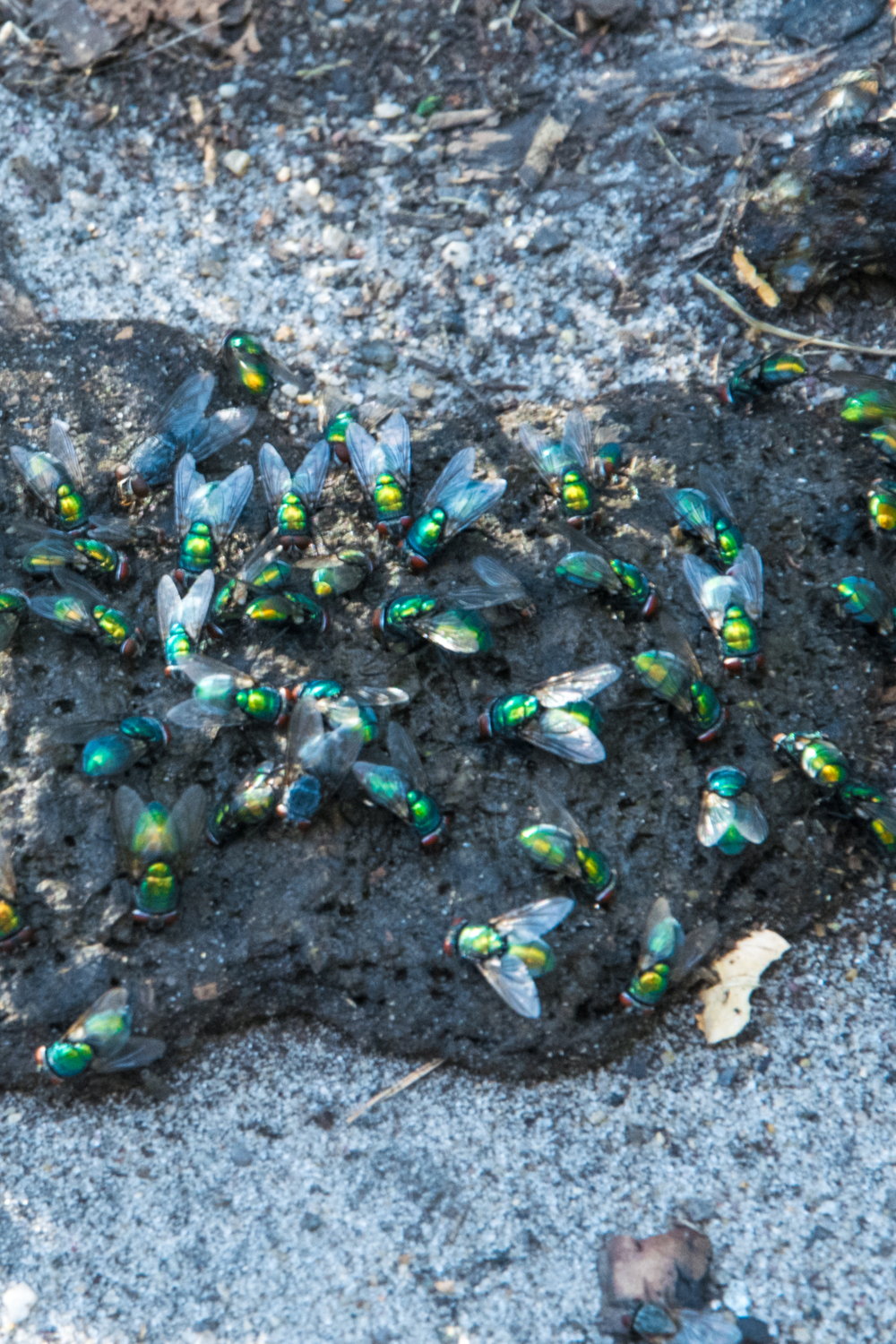 www.atshq.org
www.atshq.org
Does flies eat dog poop. Why are flies attracted to lights? reasons. Why do flies like garbage?. Why do flies like to eat poop so much?. Why do flies like mint flowers? (3 reasons). Pin on archeaology. Why do dead flies attract more flies? – school of bugs. Why does flies like poop?. Flies attract. Why do flies like poop so much?. Why do flies like to eat poop so much?
Theories Explained
Phototaxis: Seeking lively or Seeking Darkness?
One prevailing theory in relation to insect attraction to roomy is phototaxis, the physical tendency of organisms to distress towards or away from open stimuli. though distinct phototaxis explains why some insects are drawn to buoyant sources, negative phototaxis elucidates the tricks of those that avoid light, seeking refuge in darkness.
Disorientation and Misguided Navigation
Another hypothesis posits that precious lights interfere taking into account insects' navigational abilities, leading to disorientation and erratic flight patterns. Insects may become trapped in an endless cycle of circling nearly fresh sources, unable to discern a quirk out of their luminous trap.
Misinterpretation of well-ventilated Signals
Intriguingly, clear species of insects may error unnatural lights for natural cues, such as the moon or stars. This misinterpretation can have dire consequences, as insects may expend critical liveliness resources attempting to achieve an unattainable destination.
Practical Implications
Ecological Consequences
The empathy of insects to pretentious lights can have obscure ecological implications, impacting predator-prey dynamics, pollination patterns, and nocturnal ecosystems. Disruptions in these delicate balances may cascade throughout entire ecosystems, potentially leading to unforeseen outcome for biodiversity and ecosystem stability.
Pest dispensation Challenges
For homeowners, businesses, and agricultural enterprises, insect fellow feeling to vivacious presents a significant challenge in pest direction efforts. spongy door points, such as windows and doors, provide insects taking into consideration easy entrance to indoor environments, where precious lights beckon them into unsuspecting spaces.
Conclusion
In summary, the phenomenon of insects mammal drawn to lighthearted is a multifaceted and intriguing aspect of entomology. while numerous theories attempt to tell this behavior, the underlying mechanisms remain topic to ongoing research and debate. By getting hold of a deeper harmony of why insects are attracted to light, we can enlarged mitigate the potential outcome and leverage this knowledge to notify pest meting out strategies and conservation efforts.